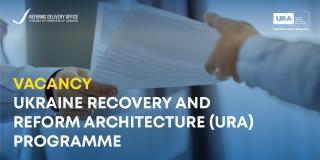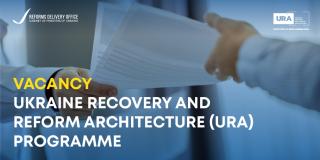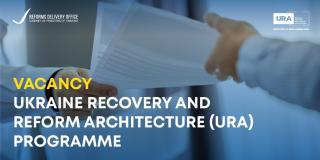On 9 July, on the sidelines of the Ukraine Recovery Conference in Rome, the 14th meeting of the Steering Committee of the Ukraine Donor Platform took place. The platform was established to coordinate international assistance and address Ukraine’s urgent needs and long-term recovery.
The meeting focused on discussions with partners about Ukraine’s budgetary needs, progress on reforms, the status and requirements of reconstruction, Ukraine’s energy resilience, and engaging the private sector in rebuilding efforts.
Participants included Prime Minister of Ukraine Denys Shmyhal, co-chair of the Platform from Ukraine, Finance Minister Sergii Marchenko, Deputy Prime Minister for Restoration and Minister for Communities and Territories Development Oleksii Kuleba, Director-General for Neighbourhood and Enlargement Negotiations Gert Jan Koopman from the European Commission, Acting Coordinator of U.S. Assistance to Europe, Eurasia, and Central Asia at the U.S. State Department Christopher Bergaust, Energy Minister German Galushchenko, First Deputy Economy Minister Oleksii Sobolev, as well as representatives from Platform member countries, the European Commission, and international financial institutions.
Opening the meeting, Prime Minister Denys Shmyhal expressed gratitude to partners for their unwavering support, which has helped Ukraine endure these challenging times. He stressed that Ukraine’s financial resilience remains a key priority of joint efforts. “The year 2026 poses a significant challenge. In a scenario where russia continues its aggression and rejects peace, our external financing needs will remain at levels similar to previous years, approximately USD 40 billion. Therefore, developing mechanisms and tools to secure these funds is a critical task,” the Prime Minister emphasised.
Denys Shmyhal also noted that, with partners’ support, Ukraine has been undertaking rapid reconstruction since 2022. “We are restoring the essentials without which life in the country is impossible: power stations, water supply, heating, schools, hospitals, and much more. The needs are vast, but resources are limited. Therefore, we are shifting from a fragmented approach to systemic investments in infrastructure and public goods. We are funding only what is most needed by people and the country here and now,” he stressed.
During the meeting, Platform co-chair Finance Minister Sergii Marchenko outlined the state of the financial system, key needs for 2026, and medium-term priorities:
“Thanks to the joint efforts of the Ukrainian Government and international partners, we expect full coverage of external financing needs for 2025, amounting to USD 39.3 billion. Over USD 22 billion has already been received in the first half of the year. Amid ongoing full-scale war or a potential scenario of de-escalation, Ukraine requires regular and predictable external support to maintain the financial stability achieved with partners since 2022. This also lays the foundation for successful reconstruction.”
Deputy Prime Minister for Restoration and Minister for Communities and Territories Development Oleksii Kuleba highlighted the importance of institutional capacity in recovery:
“The State Agency for Restoration and Infrastructure Development is becoming a centre of expertise, assisting communities through all stages of reconstruction, from planning to implementation. We have strengthened its capacity: established an advisory council, launched a Centralised Procurement Organisation, and engaged technical specialists to support complex infrastructure solutions.
An example of this in action is the newly built Mykolaiv water pipeline. The project was revised to incorporate modern technologies. The updated Agency managed to reduce costs by over 27%, reach more consumers, and include an irrigation component for farmers. The savings will be redirected to construct four additional pipelines.
This approach delivers results in communities, ensuring transparency and efficient spending. To scale this practice, predictable funding and support for institutions capable of ensuring quality, transparency, and sustainable project implementation are essential.”
Background
The Steering Committee of the Platform comprises senior officials from Ukraine, G7 countries, and the European Union. International financial institutions and organisations also participate as active members. The Platform currently unites 23 permanent and temporary members and observers, and 7 participants, including international financial institutions and the OECD.



